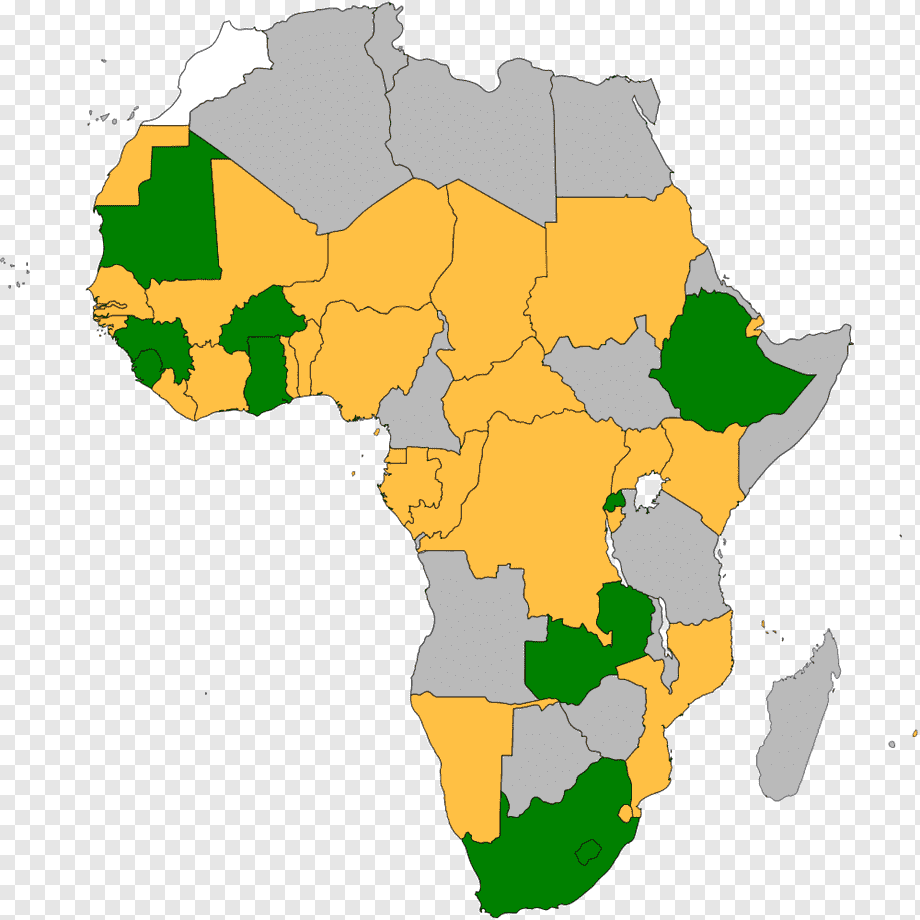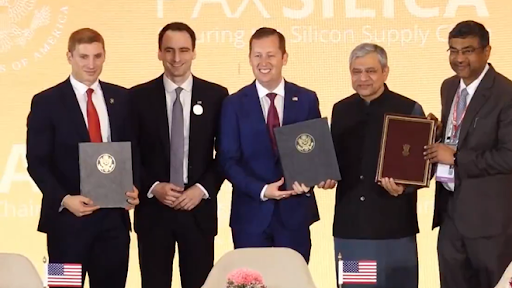Description

Disclaimer: Copyright infringement not intended.
Context
- The African Union (AU) is set to join the G-20 as negotiators agreed on clearing its membership.
A TO Z ABOUT AFRICAN UNION:
https://www.iasgyan.in/daily-current-affairs/africa-union
https://www.iasgyan.in/daily-current-affairs/african-union-14
Need and Rationale behind the inclusion of AU in G-20
- There have been concerns over the lack of representation that Africa has received on the global stage, even as some of the most pressing issues like climate change, security, and debt are ones Africa is especially affected by.
- The “Gap in African representation can weaken the G20’s credibility, traction, and representativeness.
- The push for AU’s inclusion has received significant momentum after India hosted the 'Voice of the Global South Summit'. Major economies including the US, France, Japan, and China, have also backed the proposal.
- As the world’s premier forum on international economic and other cooperation, the G20 has been deeply involved in shaping solutions to global challenges such as economic growth, climate change, energy transition, sustainable development, debt burdens, women’s empowerment, and the digital economy. With a seat at the main G20 table, Africa will, at last, have a direct say in all deliberations and decisions.
Centrality of AU
- The AU’s growing centrality in Africa’s economic governance. With the African Continental Free Trade Area (AfCFTA) forging Africa’s 55 economies into a single market since January 2021, the AU now represents an economic bloc ranked as the 8th largest in the world.
- Clearly, the AU is playing a much bigger role in Africa than in previous years. As such, the AU’s inclusion in the G20 is critical for the promotion of structural solutions that benefit the entire continent. The African Union, in essence, can serve as a vessel for other countries that do not have the same development problems as a country like South Africa.
- Also, G20 needs African countries as they have vital resources to address energy challenges abroad. For instance, they are major suppliers of critical raw materials globally, which are required in all sorts of technologies – from smartphones to electric vehicle batteries to satellites, sold and consumed globally, not only generating profits but also productivity increases.
- 64% of the EU’s bauxite imports come from Guinea, 68% of cobalt and 36% of tantalum from the Democratic Republic of Congo, and 71% of platinum from South Africa.
- It was the African Union – as an institution – that first made the case for the safe release of all grain from Russian and Ukrainian ports following sanctions, the largest portion of which will flow to Asian and Middle Eastern countries.
- The G20 has crucial agenda items, such as digital payments, which African experience and innovation can inform. AfrEximBank has been working with the AU on launching the world’s most complex cross-border payment scheme involving 42 currencies since at least 2018. Kenya was the first country in the world to launch contactless domestic payments with its M-Pesa scheme.
- Africa’s climate actions over the next 20 to 40 years will determine the sea-level rise in locations from Amsterdam to Shanghai.
Including the African Union at the G20 is the practical path that leads toward holistic solutions for sustained global development and good global governance.
|
MAINS QUESTIONS
Q. Including the African Union at the G20 is the practical path that leads toward holistic solutions for sustained global development and good global governance. What is the need and rationale behind the inclusion of AU in G-20?
|
.jpg)
https://epaper.thehindu.com/ccidist-ws/th/th_delhi/issues/50970/OPS/GQ3BNLCA7.1.png?cropFromPage=true









